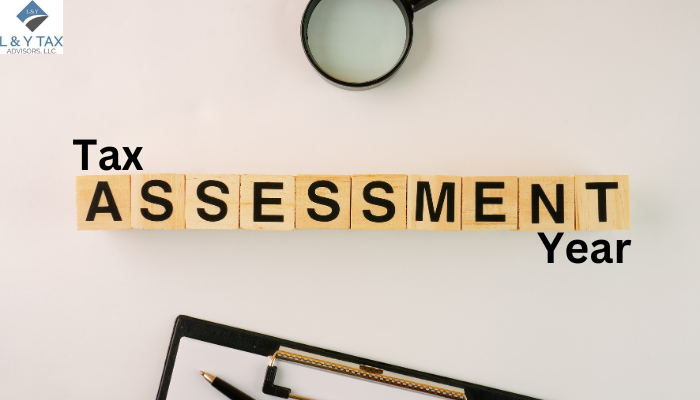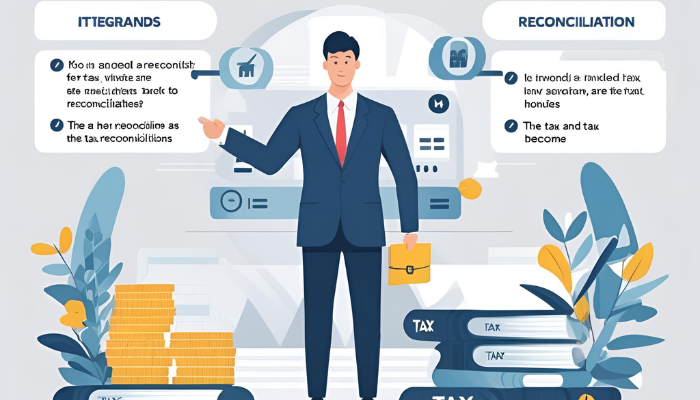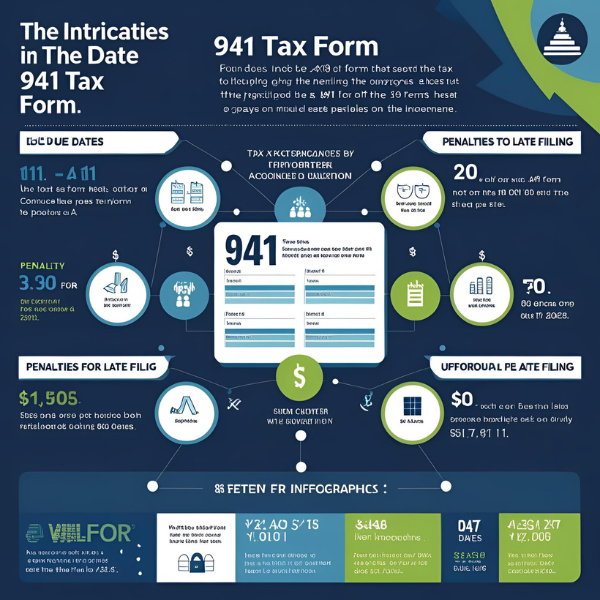
What is the Year of Assessment for Tax?
Do you know what is the year of assessment for tax? The assessment year (AY) is crucial for individuals and businesses. The year after the Financial Year (FY) is known as the Assessment Year (AY). During this year, the income from the FY is evaluated and subject to taxes.
L&Y Tax Advisor further explains what is the year of assessment for tax. The FY and AY both run from April 1 to March 31. For instance, 2024–2025 is the Assessment Year corresponding to the Financial Year 2023–2024.
AY in US Tax
In the United States, the tax year usually coincides with the calendar year. During these 12 months, taxpayers’ income is reported and assessed for taxation.
The normal tax period for most enterprises and individual taxpayers is the current calendar year. Nonetheless, certain businesses and other commercial entities may adopt a fiscal year distinct from the calendar year.
According to the Internal Revenue Service (IRS) and the taxpayer’s financial activities, a fiscal year is a 12-month period that ends on the last day of any month other than December.
Get your company VAT registration number.
Importance of the Year of Assessment
AY sets the time range within which taxpayers must determine their taxable income, credits, and deductions. This guarantees consistency in reporting and facilitates the IRS’s practical tax assessment.
Unless an extension is allowed, people usually declare their income from the assessment year by April 15 of the following year.
Your search for ‘tax professionals near me’ ends here!
Tax Obligations and Deadlines for AY
Non-compliance with the assessment year deadlines may result in penalties, interest, or IRS audits. Maintaining accurate records during the assessment year is crucial to preventing issues with tax return submission.
To ensure they follow IRS rules, people should keep note of all their income sources, allowable deductions, and any tax credits.
Get financial reporting done in no time!
Special Circumstances and Exceptions
Some taxpayers, such as expatriates or those with overseas income, may have extra concerns throughout the assessment year.
In addition, the IRS has opportunities for extensions due to epidemics or disaster assistance. It may temporarily change the deadlines for assessment years.
The Bottom Line
Maintaining financial compliance and lowering legal risks in the US requires an understanding of what is the year of assessment for tax. Whether you use a fiscal year or a calendar year, timely and correct tax filing is still essential to meeting your responsibilities. Stay up to date on IRS developments to guarantee a seamless tax season.
Also, read: How old do you have to be to be a stripper?


